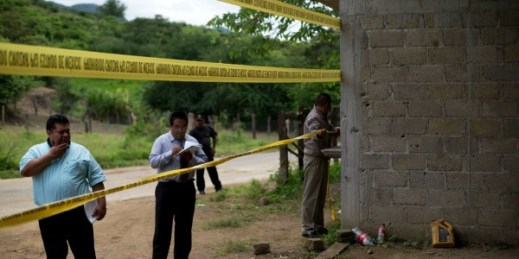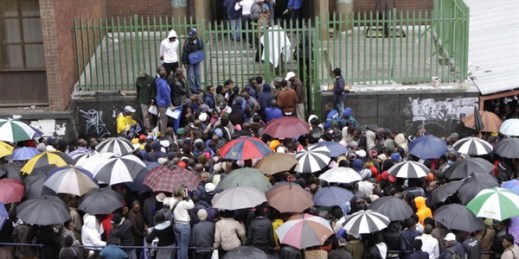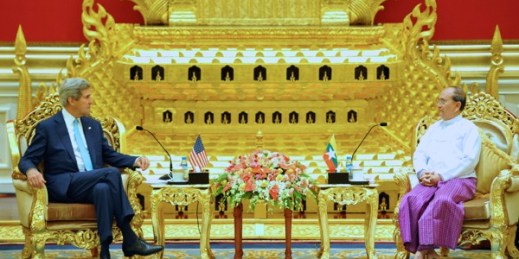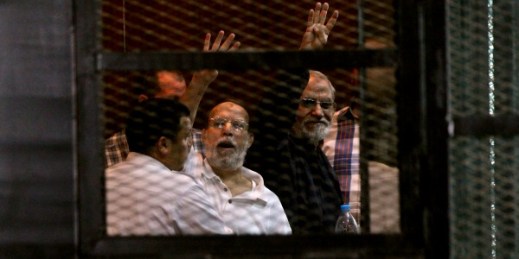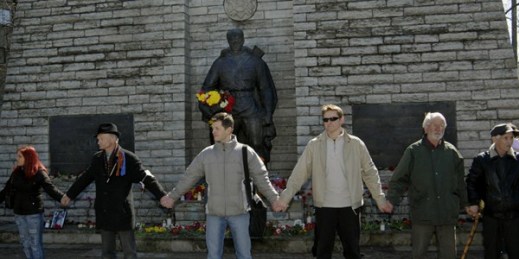
Nowhere does Russia’s policy of protecting its “compatriots”—Moscow’s loosely defined term for the Russian diaspora and Russian-speakers residing in the former Soviet republics—spell as much concern for the current post-Cold War order as in the Baltic states. All three Baltic states have significant numbers of Russian-speakers that are concentrated in territories close to the Russian border. In Lithuania, Russian-speakers make up 15 percent of the entire population; in Latvia 34 percent; and in Estonia the number might be as high as 30 percent. This has been a major source of worry for the Baltic states, because in the recent past […]

